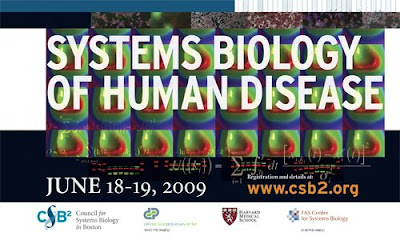Organizing Proposal Writing
Now that I'm really trying to hunker down on the proposal writing, I have found a few techniques work much better for me than others (although I can't guarantee I'm in the majority here):
- Lots of hot tea drinking. It's calming, but more exciting than water. I'm an avid tea drinker to begin with, but usually drink less in warm weather. However, it's helped me concentrate very well over the past week, as well as forcing me to need to get out of my chair every few hours.
- Make a proposal playlist, and listen to it. I'm partially stealing this one from my writer friend Kathleen, as she makes playlists for her different books as she writes. I'm currently using music that is not distracting, but still upbeat to help keep my energy levels up as a write. Lately I've been spending all of my music time on Pandora, as I wrote about before, but sometimes you just need to have too varied of music for that to work. However, if you don't own enough music for your playlist, this could be a nice alternative.
- Break the file into individual files. Assuming you are writing in LaTeX, this is pretty easy, but is something I never do for writing. Basically, you make a file for each part of your proposal (introduction.tex, chapter1.tex, etc), and then include them in the main file using the command \input{filename}. Fairly straightforward, but makes it easier to find where you are in the file, AND it helps keep you from getting overwhelmed.
However, the most important piece of advice have so far is this: don't work all day on it. Unless you are one of the few people who can work 15 hours/day without ever getting burned out, don't torture yourself from dawn until dusk. Today I really figured this one out, and it's why I decided to post. Today I put all of my proposal and previous writing work on my lab computer (fairly new, so I still use my laptop for a lot of my research). Now, my plan is to only allot time for proposal writing during the day, in the lab, unless I specifically plan to work outside of the lab that day (in which case I'll just have to get the files). This way I feel more pressure to be productive while I'm at school, and can concentrate on other things in the evening (other work, hobbies, wedding planning, moving, etc). Overall, I expect this to lower stress levels significantly, at least for the next few weeks.
I'm lucky in that I have exactly 2 months before I defend my proposal, meaning that if I take a month to finish writing and revising I'll still be done early. But of course that means that motivation on some days can be hard. Therefore I have my last piece of advice for now: if you have enough time between when you start and need to finish your proposal, be sure to have other projects to work on too. Now, all PhD students should have tons of work they should be doing instead of writing their proposals, so that having the work to do shouldn't be an issue. But the point is that if you have enough time to have low motivation, do some work on those other projects! If they are related to your thesis anyway, it's useful even for the proposal. Just don't get too caught up in them; the proposal should be the primary focus, otherwise you'll never get it done.

